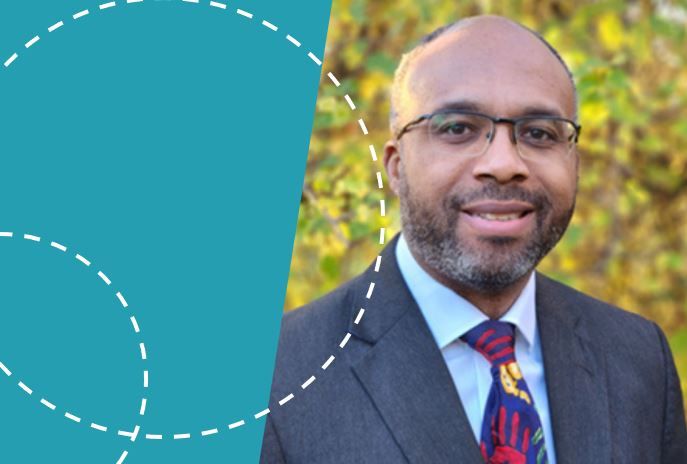New treatment combination may improve outcomes for children with rare cancers
Children who develop neuroblastomas, a rare form of cancer which develops in nerve cells, may benefit from receiving certain anti-tumour drugs as well as chemotherapy, a new trial has found.
The results of the BEACON trial conducted by the Cancer Research UK Clinical Trials Unit (CRCTU) at BHP founder-member the University of Birmingham found that combining anti-angiogenic drugs, which block tumours from forming blood vessels, alongside various chemotherapy drugs led to more young people seeing their tumours shrinking, from 18% in the control group to 26% among those on Bevacizumab.
The findings have been published in the Journal of Clinical Oncology. The trial saw 160 young people aged 1-21, from 43 hospitals in 11 European countries, randomised with half receiving the anti-angiogenic drug called Bevacizumab on top of conventional therapy. The group who received Bevacizumab had an increase in the likelihood of responding to treatment, from 18% among those who only had the established therapy to 26% for those with the additional drug. Patients who received Bevacizumab additionally had better one year progression-free survival rates.
The trial constituted one of many collaborations between the University of Birmingham and European expert groups SIOPEN (International Society of Paediatric Oncology European Neuroblastoma) and ITCC (Innovative therapies for children with cancer).
Simon Gates, Professor of Biostatistics and Clinical Trials at the University of Birmingham and senior lead author of the paper said: “These are very exciting results that hopefully get us closer to finding treatments for children who develop neuroblastomas. Currently, the outcomes are really poor for children who get this horrible cancer and so even seemingly small increases in the chance that a patient is going to be able to shrink their tumours is significant.
“We are delighted that the BEACON trial has helped to shape treatment for children with relapsed and refractory neuroblastoma going forward.”
Dr Lucas Moreno, Head of Paediatric Haematology and Oncology at Vall d’Hebron University Hospital, Barcelona, Spain and Chief Investigator for the study said: “BEACON was a hypothesis-generating trial that has served to identify active regimens that are now being further investigated. We are delighted that the data generated has been incorporated into the current UK Clinical Practice Guidelines and Bevacizumab is incorporated into standard treatment for relapsed neuroblastoma.”

